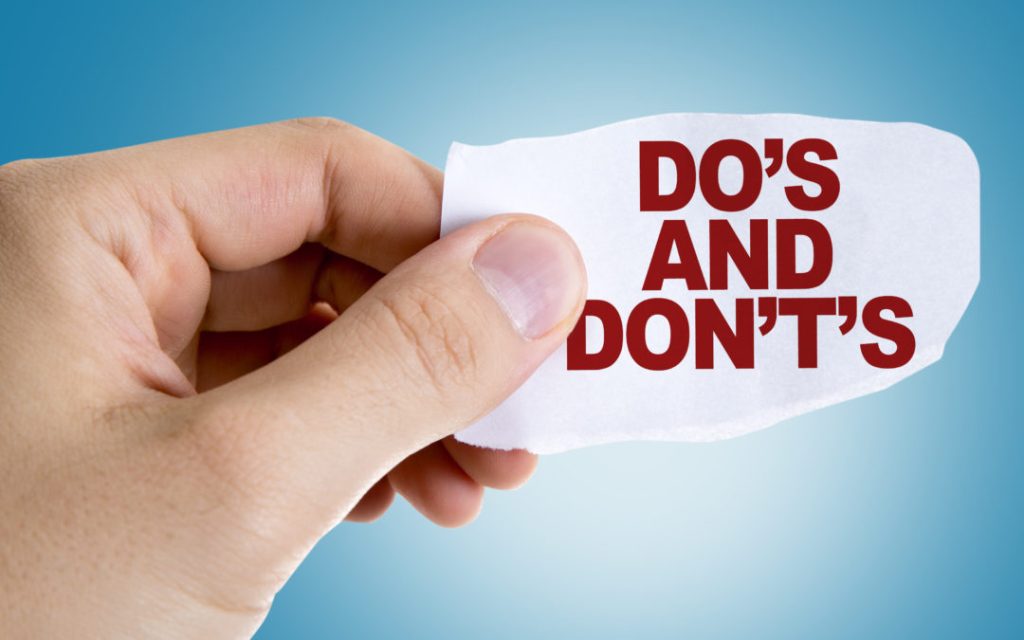The UK’s departure from the European Union in 2020 signalled the careful and complex process of the uncoupling of our domestic law from 45-odd years of law originating from the EU. Whilst the Brussels-based Court of Justice of the European Union (CJEU) no longer has the same role in law over any British cases, it is still possible for the right case from the UK to be propelled into and have the benefit of a European court. It is the European Court of Human Rights (or ECHR) based in Strasbourg. It remains a further venue for a small number of very specific cases originating in the UK.
The author has recently conducted a case before the ECHR and found it a very different and distinctive experience in contrast to both domestic and other international courts. In this article he shares some of what he learnt.
The ECHR interprets the European Convention on Human Rights, and hears applications alleging that a signatory state has breached one or more of the human rights of a person or body (or from another state). Complaints can arise from any one of nearly 50 member states of the Council of Europe, including the UK.
Applications to the ECHR are far from run of the mill. They are laced with strict rules and procedures which are markedly different from any proceedings before domestic courts. Ahead of mounting any application to the ECHR, real care must be taken to place applicants in the very best position within this very precise litigation. Below are a few ‘do’s and don’ts’ to be aware of, before setting off to Strasbourg.
- Do remember that the ECHR cannot overturn or challenge a decision of a domestic court. The ECHR does not exist as a further court of appeal and cannot change or set aside a decision of the domestic courts. Instead, the role of the ECHR is to establish whether a certain act or decision of the state in question has breached human rights law. A particular human right, or rights, must be identified as being breached by the state in question. If the application is successful, the state will be held to have breached the right or rights involved.
- Do make sure you have gone as far as you can go in the domestic courts. The ECHR will seek confirmation that you have exhausted your domestic remedies, which can include applications for permission to appeal up to and including the highest courts in the state in question. This will vary from state to state and could be construed to include the constitutional courts of certain countries. Not having exhausted domestic remedies is one of the most common reasons for the rejection of ECHR applications.
- Do file your application in time! Applicants have six months from the date of last domestic decision complained of in order to file an application to the ECHR. Your application must be filed within this strict six-month timeframe; any later and you may face a ‘strike out’ decision that your case is inadmissible.
- Do be careful about when you post the application form, which may seem slightly odd at first blush. However, the date the Court takes into account for submission is the date of the postmark on the application you send. You must therefore be prepared to have your detailed application finalised in full, and in good time for the matter to be posted by recorded delivery to Strasbourg, within the six-month time limit. Proceedings cannot be filed by email. Whilst the Strasbourg Court still (rather quaintly) uses fax machines, the sending of an application by fax does not interrupt the six-month time limit.
- Do supply all of the documents as required by the Court in support of your application so that it is valid. This is not just the application form, but includes necessary sections on ‘facts’, ‘complaints’, ‘compliance with the requirements of exhaustion of domestic remedies’ and ‘time-limits’, alongside relevant supporting documents. These will require detailed and careful drafting, and there are strict limits on style, length and even presentation of the written material.
- Do have original, ‘wet ink’ signatures from applicant and their legal representatives on the form. Similarly, be sure to factor in time for the original, hard copy signature page to be completed and forwarded between parties and their lawyers, in good time for submission before the six-month deadline. This may sound pernickety and Dickensian, but the Court may well determine an application to be inadmissible if the applicant has only provided a scanned signature, or if they have only added a digital one.
Alongside this…
- Don’t fall foul of the strict admissibility criteria of the court. Relatively minor discrepancies or errors in the filing of an application can render an application inadmissible. Upon the Court declaring an application inadmissible, that decision is final, unappealable, and impossible to reopen. A new application raising the same complaint will also not be tolerated.
- Don’t presume that the ECHR will only consider your written material. Upon any application being deemed as ‘admissible’, the matter will be communicated to the state in question. Other states, including the applicant’s home state, may be invited to intervene or otherwise engage in the proceedings. The state subject to the complaint will, at the request of the court, propose a package of settlement in lieu of engaging in contentious proceedings. If this is refused, the state in question will then be given the chance to respond to the application with their own written submissions. Thereafter, applicants will have the opportunity to provide their position on the state’s written documents. The Court will then determine the application.
- Don’t jump on the next flight to Strasbourg, expecting a hearing; the vast majority of the ECHR’s decisions are handed down on paper without anyone attending or arguing their cases ‘in person’. Of the 50,000+ applications received by the Court every single year, just 30 in person hearings take place.
- Don’t expect the ECHR to award millions by way of damages or compensation. If the state in question is found to have breached an applicant’s human rights, damages tend to be limited to pecuniary or non-pecuniary damages, or what the court calls ‘just satisfaction’. It also can award legal costs. The amounts involved can vary significantly from case to case.
Similarly…
- Don’t forget to itemise your damages and costs. Be sure to keep a running tab so that, when requested by the Court, you are able to demonstrate the amounts involved with supporting documents. Applicants have to demonstrate a clear causal link between the breach of human rights and the amounts involved, and also must submit documents to prove the existence and the amount or value of the damage. The Court can also order compensation for actual and future loss. As for non-pecuniary damage, applicants are asked to put forward a sum which they think would be equitable.
Family proceedings, and in particular, those involving children, are often the subject of applications to the ECHR. The LexisNexis quarterly magazine, International Family Law, regularly publishes details of ECHR cases with a family or children element. Their decisions can often strike at the very heart of an applicant’s rights to a fair trial, a right to a private life, or protection against discrimination, amongst others. However, with a suitably reasoned application and very careful preparation, the path to Strasbourg remains open to applicants in the UK, and across member states of the Council of Europe.
James Netto
[email protected]
The International Family Law Group LLP
www.iflg.uk.com
© February 2021
- James Nettohttps://iflg.uk.com/team/james-netto
- James Nettohttps://iflg.uk.com/team/james-netto
- James Nettohttps://iflg.uk.com/team/james-netto
- James Nettohttps://iflg.uk.com/team/james-netto











